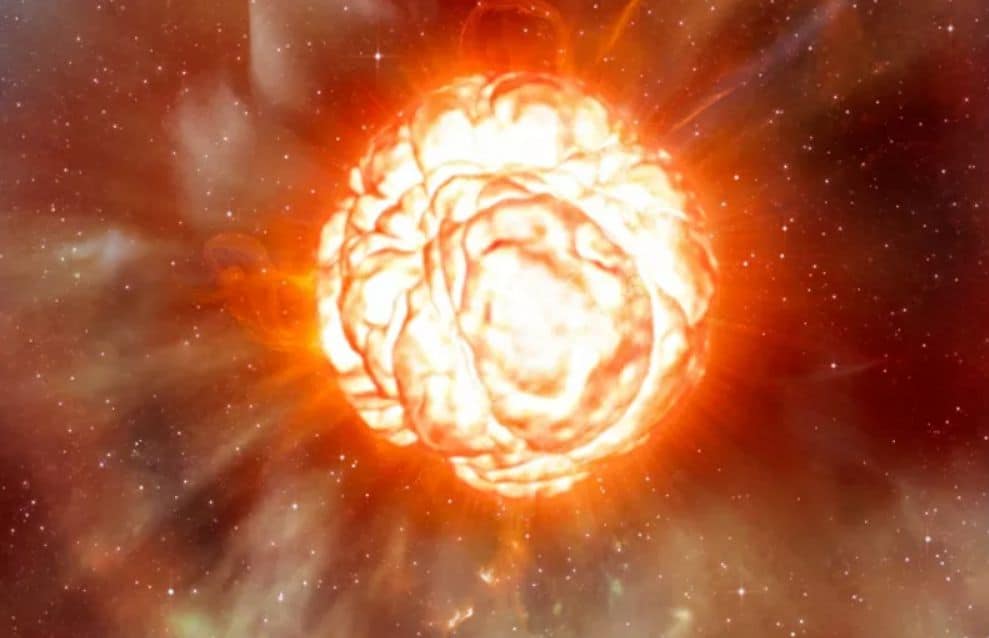In 2019, the unprecedented ‘blackout’ of the star Betelgeuse, in the constellation Orion, surprised the scientific community. New observations from NASA’s Hubble Space Telescope helped solve the mystery of the supergiant.
The space agency reported that the star’s dimming was likely caused by a large-scale ejection of dense, super-hot plasma that cooled and formed a huge dust cloud capable of blocking light.
A monstrous cloud of hot material exploding from its surface is most likely what caused the supergiant star Betelgeuse to dim last fall, @NASAHubble/@ESAScience observations suggest.
Our @NASASun spacecraft STEREO witnessed more odd behavior this summer: https://t.co/gvUxgTtOif pic.twitter.com/BmmxhLTVPf
— NASA (@NASA) August 13, 2020
This cloud, in turn, led to the darkening of a quarter of Betelgeuse’s surface, which began in late 2019 and lasted until April 2020. The study authors explained that the plasma could have been triggered by the outcrop of a large convection cell.
“With Hubble, we see the material as it left the star’s visible surface and moved out through the atmosphere, before the dust formed that caused the star to appear to dim,” explained the study’s lead author, astrophysicist Andrea Dupree of the Harvard-Smithsonian Center for Astrophysics at Harvard University.
At the same time, the researchers stated that more studies are still needed to determine the causes of the plasma release. The authors of the investigation stressed that the star is located at an impressive distance of 725 light-years from Earth, which means that the incident would have occurred at the beginning of the 14th century.
